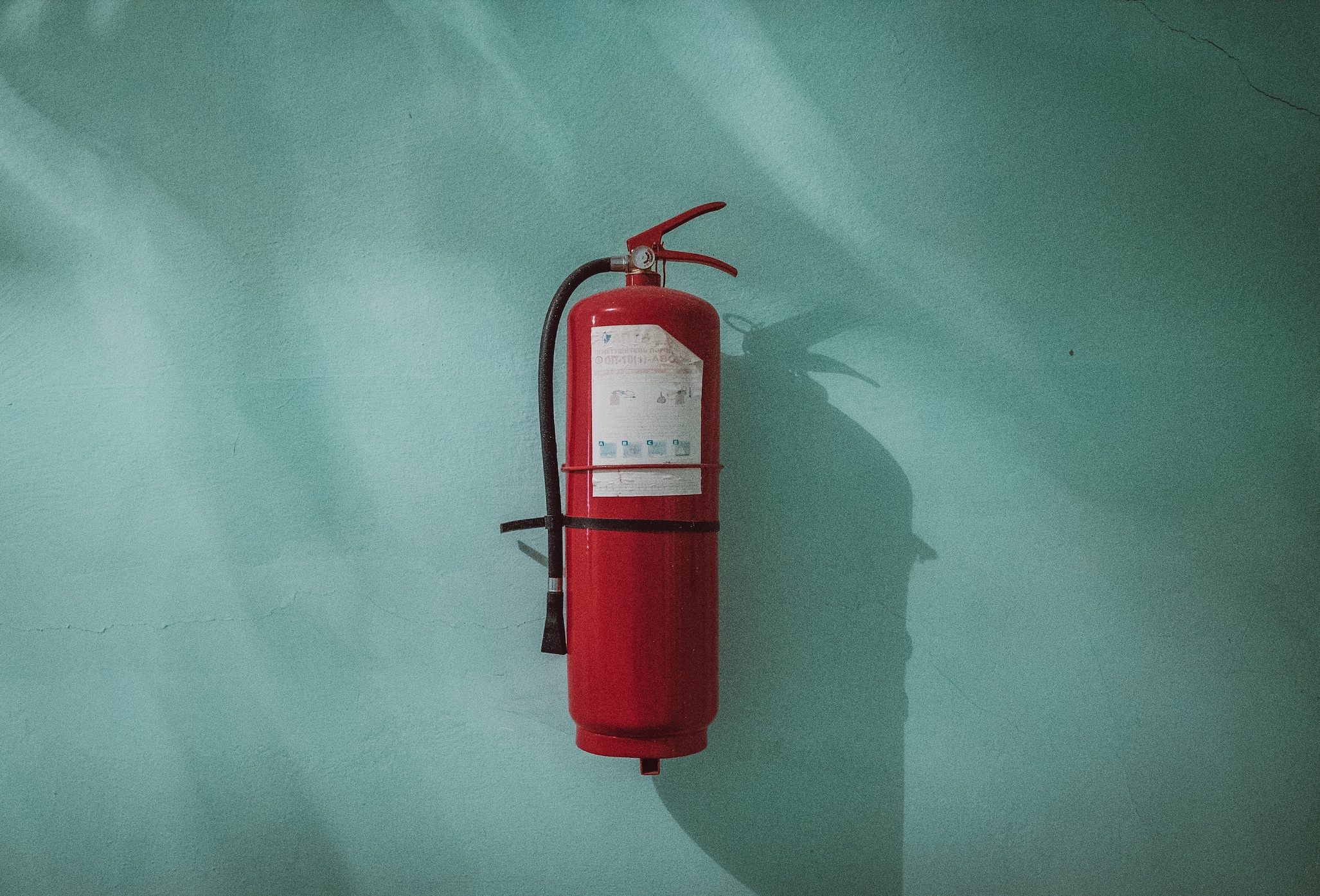Safety should be your priority, whether boating alone or taking the whole crew on an adventure.
If you enjoy boating, you’ll understand the importance of proper safety equipment. Or if you’re hitting the waters for the first time, it’s even more crucial to be prepared for anything. So, what do you need and why?
Whether you’re heading out for a day trip or a week on board, here’s a rundown of the safety equipment you should ensure is on board before you depart.
A life jacket for each person
Heading off on a boat without life jackets for everyone on board can quickly turn an exciting boating trip into a tragedy. That is why it is critical that all boats, regardless of size or destination, have at least one life jacket for each passenger.
Whether you’re crossing an ocean or a lake, having access to proper safety equipment can significantly reduce the likelihood of a disaster occurring during your journey. You can cast off with confidence knowing that you are doing your part to keep everyone safe while they enjoy their cruise by inspecting each passenger’s life jacket and ensuring they all fit correctly.
A whistle or horn
Whistles and horns are essential for boat safety. They can signal an emergency, alert other boats of your presence, or even request assistance. Whistles and horns can also be used to avoid collisions with other ships.
You can ensure that other boats in the area are aware of your presence and can make any necessary adjustments to ensure everyone’s safety by sounding a loud horn or whistle. Whistles and horns are not only useful for safety, but they are also a lot of fun when you’re out on the water.
Up-to-date electronics
Quality electronics or electronic equipment is essential for safety and efficiency. You want to include a sound GPS, marine radar, sonar fish finder, and other navigational aids to help you stay aware of conditions in your area.
Additionally, radios and communication devices allow you to stay in contact with the shore and any other vessels that might be nearby. Quality boat technology enables you to keep track of engine performance and fuel levels, ensuring everything runs smoothly and efficiently.
A fire extinguisher

Although boat fires are uncommon, they can occur — and if they do, you’ll be glad to have the extra protection that a fire extinguisher provides.
Fires at sea can cause extensive damage to everything onboard in a brief period, so keeping a fire extinguisher nearby while boating can save you from disaster. Check that your boat has some form of fire protection and that you know how to use it in an emergency.
Visual distress signals
Having the proper visual distress signals on board is necessary when you’re on the water in your boat. Even if you believe there is no immediate danger, it is critical for the safety of everyone onboard to have the necessary items for any event where assistance is required.
Visual distress signals are visible both day and night. They can take many forms, including handheld flares, electric distress lights, and other types of aids to make your location known in the event of an emergency. You should also ensure you know how to use them properly.
Batteries
Your flares and distress lights are only as useful as their batteries, so always make sure you have spare batteries. Your batteries will not only keep your flares and lights working, but they can also keep other electronic devices in top working order.
First-aid kit
No one sets out expecting an injury while on the water, but having a first-aid kit can make a real difference when something goes wrong. First-aid kits should be a must-have regarding boating safety, regardless of the size or type of boat.
Not only does it ensure that you have access to everything needed for essential medical treatment in case of an accident, but it also allows for peace of mind knowing that help is available should anything go wrong. Keeping a first-aid kit on board is essential whether you’re a novice or veteran captain on the water.
Safety should be your priority, whether boating alone or taking the whole crew on an adventure. With the tips above, you can ensure everyone has a great time on the water.


Join the conversation!